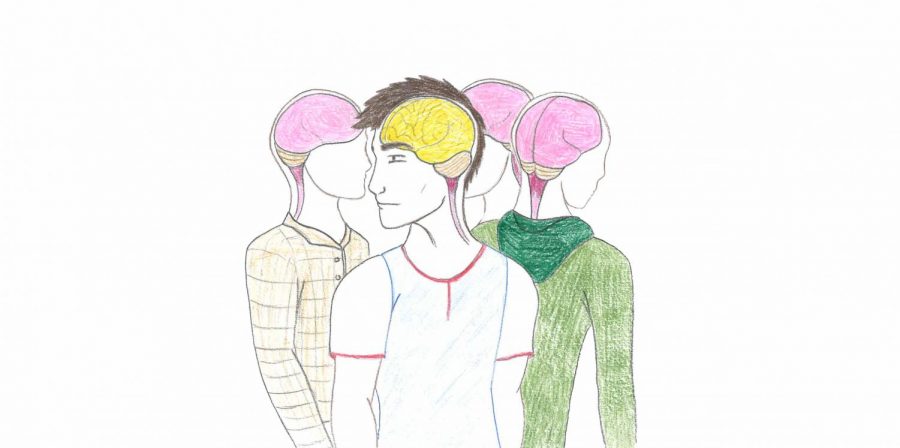TV Shows Increase Autism Awareness
Autism is being increasingly represented on TV, and multiple shows are raising awareness for the common disorder.
As years go on, TV shows change with the views of society. Today, many shows’ plots are about cops, disaster-stricken hospitals or superheroes, but for the first time autism is being represented on the small screen. In Netflix’s “Atypical,” the main character Sam, who is played by Keir Gilchrist, is a teenager with high-functioning autism. ABC’s “The Good Doctor” features Freddie Highmore, who plays a high-functioning adult named Shaun Murphy. The show is about Shaun’s adjustment when entering the medical field. “Atypical” and “The Good Doctor” both bring awareness to autism which affects, according to Autism Speaks, one out of every 68 births in the United States.
Guidance counselor Jesse Allgeier has experience with autism and started watching “Atypical” because she is fascinated with learning about the disorder.
“Autism is a broad spectrum,” Allgeier said. “If your autism is more slight, then you will have characteristics of an autistic person, but you may have better communication skills [than those of a lower functioning individual]. The reality is autism, for what I believe, [has] always been there: there just hasn’t been a word for it.”
A person can either be low-functioning or high-functioning. The main characters in “The Good Doctor” and “Atypical” are considered to be high-functioning individuals, meaning the show’s characters express some signs of autism, but not all of them.
Some common symptoms may include performing actions in a repetitive manner, having focused interests, being detail-oriented and lacking the same level of communication skills as those not on the spectrum.
No one person with autism is like another; this is why autism is a spectrum disorder. Social worker David Guzak says that the shows may lead to “generalizing autism.”
“‘If you’ve met one person with autism, you’ve met one person with autism,’” Guzak said, quoting Stephen Shore, a professor of Special Education at Adelphi University. “Autism varies from person to person. It would be hard to encapsulate all of those different variations into one particular character.”
Junior Matthew Murphy says that he would like to watch “The Good Doctor,” and from the trailers, he believes that the main character will go far in life. In addition, he also thinks that the show will clear up stereotypes that are commonly associated with the disorder.
“I think back in the day, people treated autism like it was a disease,” Murphy said. ”People would make fun of you for [having] it. Now, I think when you have autism, people treat you better; I think people are aware of autism.”
Allgeier recommends watching “Atypical.” She believes that the writers and the actors have portrayed autism accurately.
“You learn more about [autism] and you get to know the character,” Allgeier said. “[Sam’s] so likable and funny.”
Murphy hopes that the shows will bring more awareness to the discussion of autism.
“It’s a show about autism, so it should give a true meaning to [autism] and [allow people to] understand how it works,” Murphy said.
“The Good Doctor” is scheduled to continue for a full first season following the release of the first two episodes that premiered in late September and early October. “Atypical” has been renewed for a second season which will consist of ten episodes.
Your donation will support the student journalists of Troy High School - MI. Your contribution will allow us to print our work, purchase equipment and cover our annual website hosting costs.


